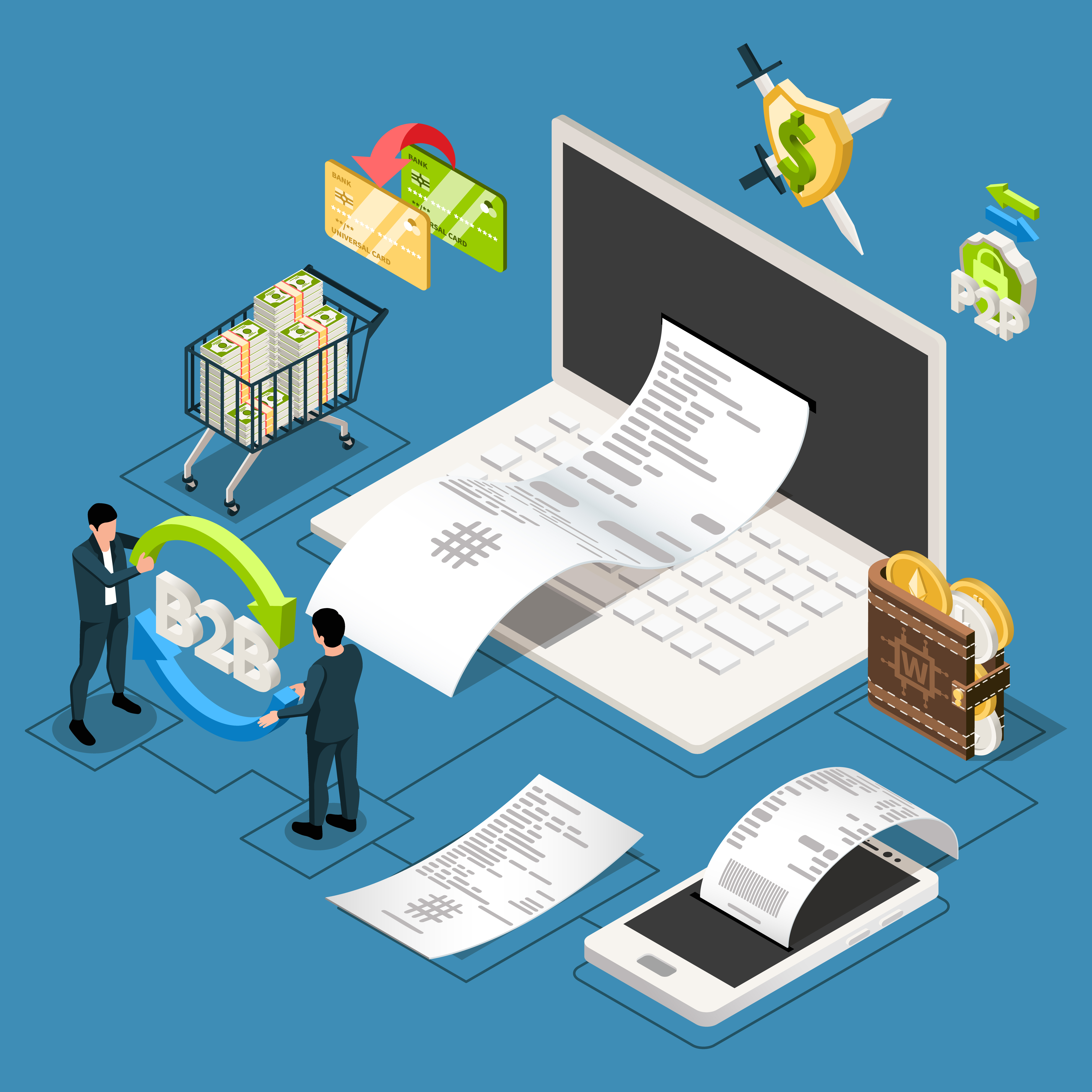5 Ways Artificial Intelligence is Automating Accounting Tasks
Imagine a world where tedious data entry tasks vanish like yesterday's news, replaced by an intelligent system that works tirelessly and flawlessly. Imagine a world where accountants, freed from the burden of routine, can focus on strategic analysis and providing valuable insights to businesses. This is not a futuristic fantasy; it's the current reality with the rise of Artificial Intelligence (AI) in the accounting profession.
AI, the ability of machines to mimic human cognitive functions, is rapidly transforming various industries, and accounting is no exception. As AI continues to evolve, it's automating a growing number of accounting tasks, streamlining workflows, and boosting efficiency. Let's delve into five key ways AI is revolutionizing the accounting landscape:
1. Automating Data Entry and Bookkeeping: Manual data entry can be a time-consuming and error-prone process. But AI can handle it with remarkable accuracy and speed. AI-powered tools can extract data from invoices, receipts, and other documents, automatically categorize transactions, and seamlessly integrate them into accounting software. According to a study by PwC, AI can automate up to 80% of data entry tasks in accounting, freeing up accountants for more strategic work [pwc.com].
2. Enhancing Accounts Payable and Receivable Management: Managing accounts payable and receivable involves a multitude of tasks, such as sending invoices, chasing overdue payments, and reconciling accounts. AI can automate various aspects of this process, significantly improving efficiency and reducing the risk of errors. AI can identify and prioritize overdue invoices, predict payment behavior, and even automate the sending of gentle reminders to customers.
3. Facilitating Fraud Detection and Prevention: Financial fraud is a constant threat to businesses of all sizes. AI can be a powerful weapon in the fight against fraud. AI algorithms can analyze vast amounts of financial data in real-time, identifying anomalies and suspicious patterns that might escape human detection. This allows accountants to intervene promptly and prevent potential financial losses.
4. Simplifying Tax Compliance and Reporting: Tax season can be a stressful and time-consuming ordeal for both businesses and accountants. AI can streamline the process by automating tasks such as gathering tax-related data, identifying deductions and credits, and generating preliminary tax returns. This not only reduces the workload for accountants but also minimizes the chances of errors and ensures timely filings.
5. Providing Real-Time Insights and Financial Forecasting: Traditionally, financial reporting has been focused on historical data, offering a backward-looking perspective. AI is changing this game. By analyzing vast datasets and identifying trends, AI can provide real-time insights into a company's financial health, allowing for proactive decision-making and improved financial forecasting.
The Future of AI in Accounting:
While AI is revolutionizing the accounting profession, it's important to remember that it's not replacing accountants. Instead, it's empowering them to focus on higher-level tasks that require human judgment and expertise. As AI technology continues to evolve, we can expect even more innovative applications in the future.
Conclusion:
The rise of AI in accounting presents both challenges and opportunities. While some may fear job displacement, the reality is that AI can be a valuable tool for accountants, allowing them to work smarter, not harder. By embracing AI and continuously developing their skills, accountants can remain at the forefront of the profession and provide even greater value to their clients and organizations. Remember, professional bookkeeping services can offer support and guidance as you navigate the evolving landscape of accounting and integrate AI into your workflow. By working together with these services, you can ensure a smooth transition and unlock the full potential of AI to enhance your accounting practice.




Comments
Post a Comment